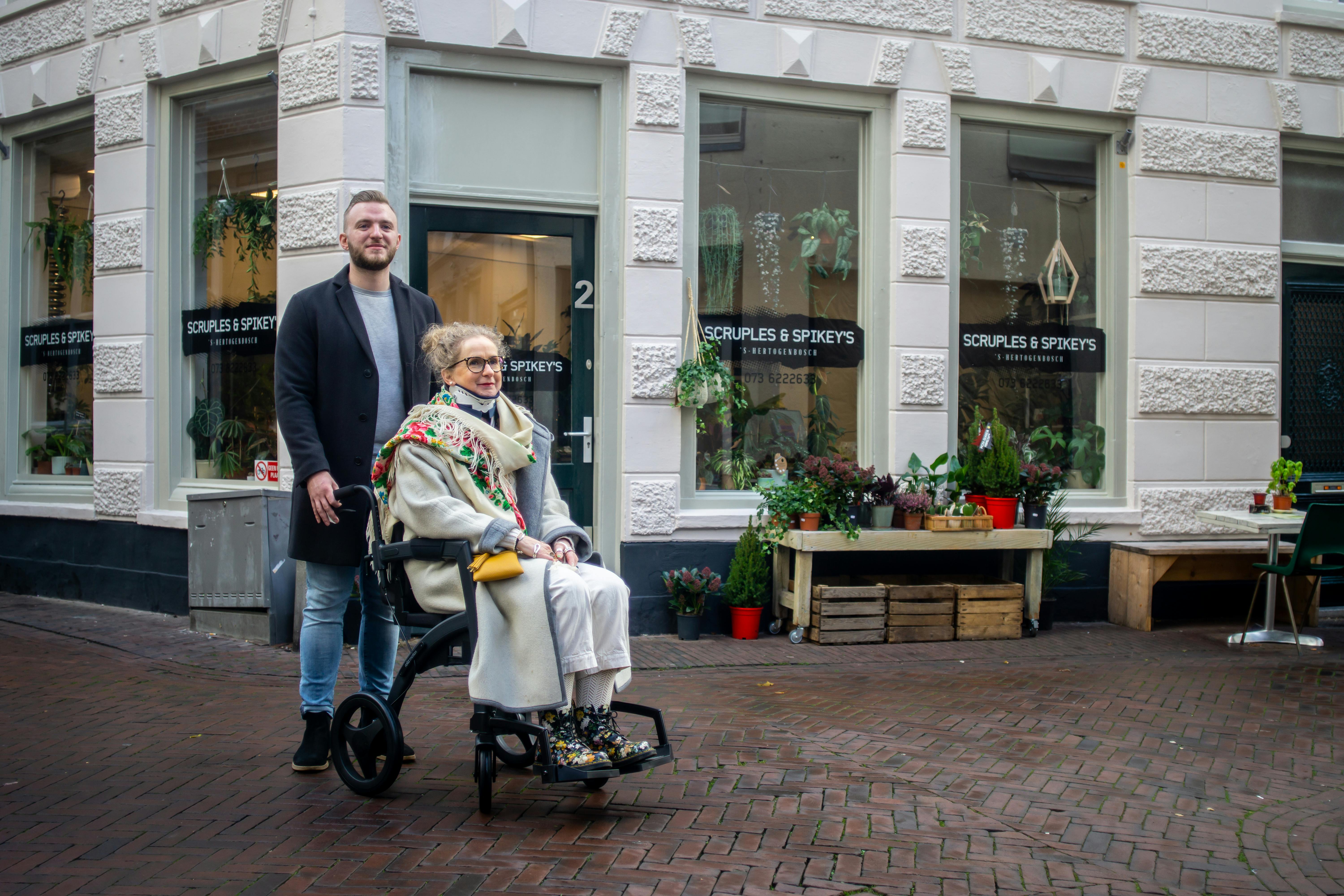
Addressing the mental health needs of older adults requires not only awareness campaigns and trained professionals but also policies that ensure financial support and innovation; programs like telehealth, structured exercise classes, and cognitive-behavioral therapy offer hope for scalable, effective care models.
Older adults face barriers to mental health care due to financial, geographic, and systemic challenges. Improving access through telehealth, supportive housing, and community planning can enhance well-being. Addressing financial insecurity and supporting caregivers are essential for reducing stress and promoting mental health in aging populations.
Community-based mental health programs, backed by strong policy and funding, are essential for supporting older adults. Initiatives like Canada’s Aging Well and the UK’s National Dementia Strategy show the benefits of early intervention and integrated care. Training healthcare providers and raising public awareness can reduce stigma and ensure age-sensitive support. Investments in mental health yield high returns, both economically and overall well-being for aging populations.


 The field of aging and mental health is increasingly focused on
integrative, interdisciplinary approaches that combine biological,
psychological, and social support. Community-based programs promoting physical
activity, social connection, and lifelong learning are proving effective,
alongside innovative efforts like dementia-friendly communities. Technology
such as telemedicine, virtual reality, and wearable health devices is
expanding access and enhancing early intervention. Ongoing collaboration
between researchers, practitioners, and policymakers is essential to create
holistic care models and shape impactful mental health policies for older
adults.
The field of aging and mental health is increasingly focused on
integrative, interdisciplinary approaches that combine biological,
psychological, and social support. Community-based programs promoting physical
activity, social connection, and lifelong learning are proving effective,
alongside innovative efforts like dementia-friendly communities. Technology
such as telemedicine, virtual reality, and wearable health devices is
expanding access and enhancing early intervention. Ongoing collaboration
between researchers, practitioners, and policymakers is essential to create
holistic care models and shape impactful mental health policies for older
adults.